‘Send me’ – 31 years after the Battle of Mogadishu
- By Stavros Atlamazoglou
Share This Article
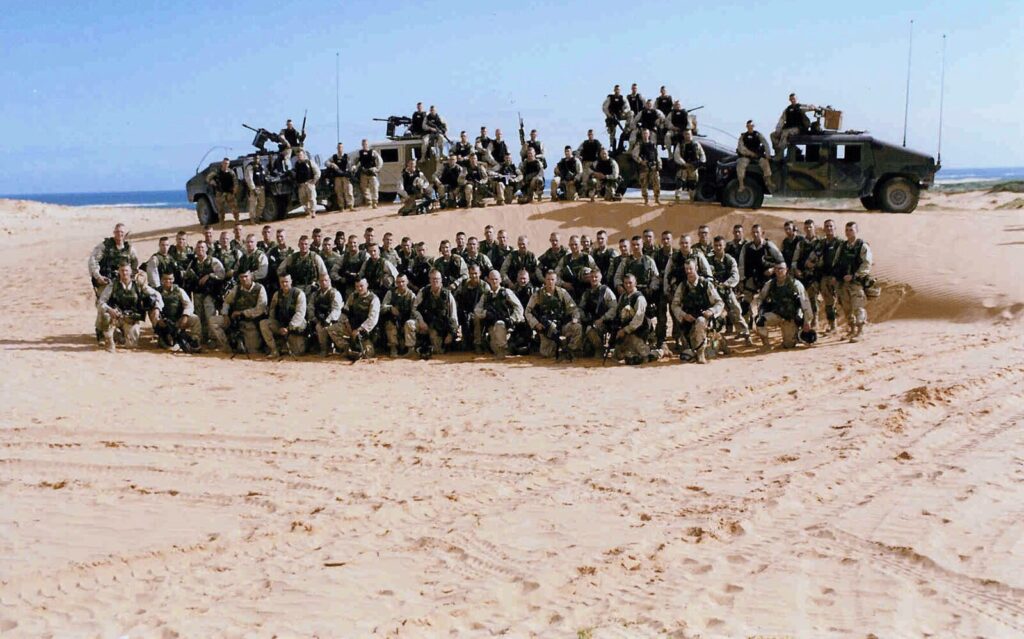
Thirty-one years ago, American special operators were fighting for their lives in the dusty streets of Mogadishu, Somalia.
Operation Gothic Serpent, immortalized as the “Black Hawk Down” incident, took place on October 3-4, 1993.
For many years, the Battle of Mogadishu influenced how the U.S. special operations community prepared for and fought wars.
Task Force Ranger was in Somalia hunting local warlord Farrah Aidid, a mastermind behind the instability in the African country and responsible for tens of thousands of deaths.
The U.S. had sent troops to Somalia in the aftermath of a bloody civil war as part of a United Nations peacekeeping mission. In many ways, the U.S. had sent its best. Task Force Ranger comprised of the following units: Delta Force’s C Squadron; Company B, 3rd Ranger Battalion; Air Force Pararescuemen (PJ) and Combat Controllers (CCT), a small sniper element from SEAL Team 6, and a helicopter detachment that included MH-60 Black Hawks, MH-6 Little Birds, and AH-6 Little Birds from the 160th Special Operations Aviation Regiment (160th SOAR).
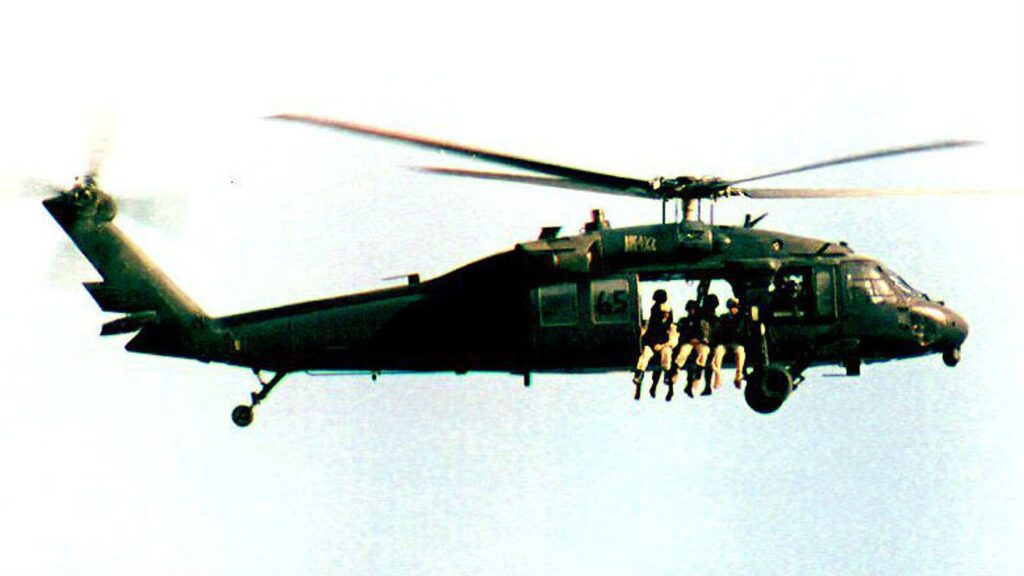
On the day of the battle, a combined air and ground assault in downtown Mogadishu targeted a meeting of Aidid’s top lieutenants. MH-60s and MH-6s carrying Delta Force operators and Rangers stormed the compound, while a ground element comprised of Rangers drove into the target. The mission was going as planned until a Somali armed with a Rocket Propelled Grenade (RPG) shot down one of the low-flying MH-60 Black Hawks. The battle had begun.
Over the next two days, thousands of armed Somalis fought it out with Task Force Ranger. The American commandos came very close to being overrun, but grit, training, and experience won the day. But it was a costly victory. Eighteen Americans were killed and dozens more wounded.
Related: How will I do when that time comes? Men in combat
Above and beyond: Gordon and Shughart
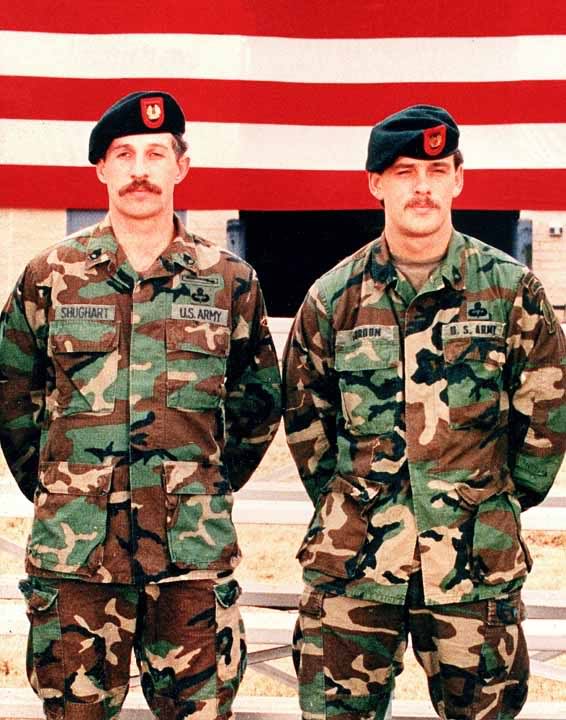
During the first day of the battle, Delta Force operators Master Sergeant Gary Gordon and Sergeant First Class Randy Shughart were serving as snipers, providing overwatch to the ground element. Alongside them was Sergeant First Class Brad Halling.
At some point during the fighting, one of the MH-60s with the callsign “Super 64” and piloted by Chief Warrant Officer 3 Mike Durant received a direct hit from an enemy rocket-propelled grenade and crashed to the ground. That was the second Black Hawk to go down in Mogadishu that day.
The three Delta Force operators requested permission to go down on the ground and protect the crashed helicopter and its critically wounded crewmembers. Command denied their request, assessing that they could be more useful to the downed bird’s wounded crew from above. Meanwhile, armed Somalis approached the crashed bird in droves. The Delta commandos request permission again. Command denied again. Hundreds of armed, and clearly hostile Somalis, were now almost at the crash site. The Delta Force snipers asked again. This time, command acquiesced and gave the green light for Gordon and Shughart to go on the ground – by that point, Halling was manning the helicopter’s minigun after a crew chief was wounded.
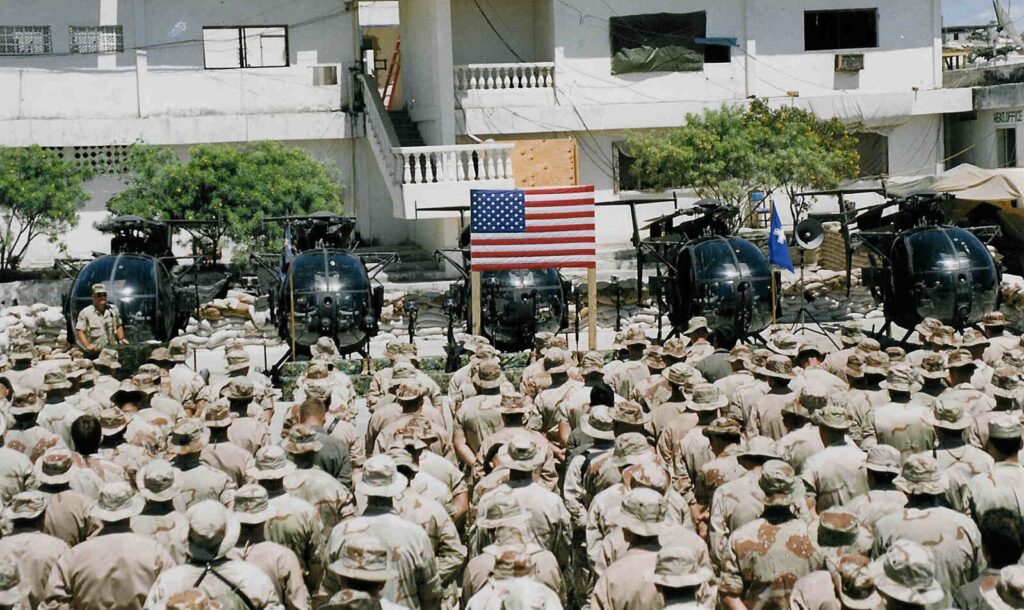
On the ground, Gordon and Shughart found that all but one of the pilots, Durant, were dead. Nonetheless, they set up a perimeter around the downed chopper and started their death song. Dozens of armed Somalis were killed before the two Delta operators made the ultimate sacrifice, giving substance to the often cited “Send Me” biblical verse. Shughart was the first to fall.
Gordon, left alone with a wounded Durant, fought to the last. The Medal of Honor citation describes it best: “After his team member was fatally wounded and his own rifle ammunition exhausted, Master Sergeant Gordon returned to the wreckage, recovering a rifle with the last five rounds of ammunition and gave it to the pilot with the words, ‘good luck.'”
Gordon went back into the fray and fought until he was killed.
Through the actions of both, Durant was captured, not killed. The Night Stalker pilot would be released some days later. The two Delta Force operators would end up receiving the Medal of Honor, the highest military award in the country.
Read more from Sandboxx News
- Army’s future helicopters could be more autonomous and launch their own drones
- The Air Force’s 24th Special Tactics Squadron is an elite special operations unit like no other
- Japan’s modern Howa Type 20 – Service rifles from around the world
- What do the recent Russo-Chinese joint exercises in the Pacific mean
- Exploring the Army’s obscure and radical SAWS program
Related Posts
Sandboxx News Merch
-

‘AirPower’ Classic Hoodie
$46.00 – $48.00 Select options This product has multiple variants. The options may be chosen on the product page -

‘Sandboxx News’ Trucker Cap
$27.00 Select options This product has multiple variants. The options may be chosen on the product page -
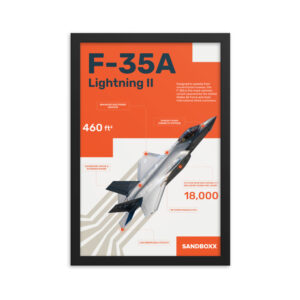
F-35 ‘Lightning’ Framed Poster
$45.00 – $111.00 Select options This product has multiple variants. The options may be chosen on the product page
Stavros Atlamazoglou
Greek Army veteran (National service with 575th Marines Battalion and Army HQ). Johns Hopkins University. You will usually find him on the top of a mountain admiring the view and wondering how he got there.
Related to: Military History, Special Operations
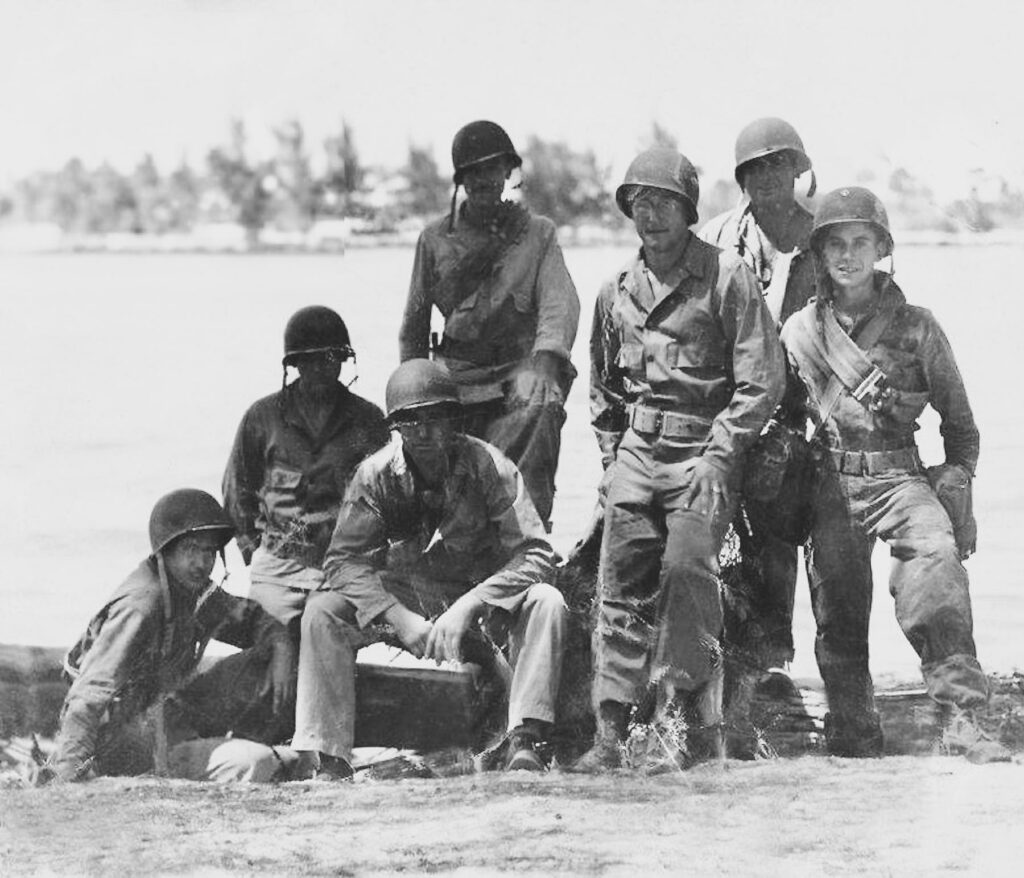
Before the Navy SEALs came the Underwater Demolition Teams
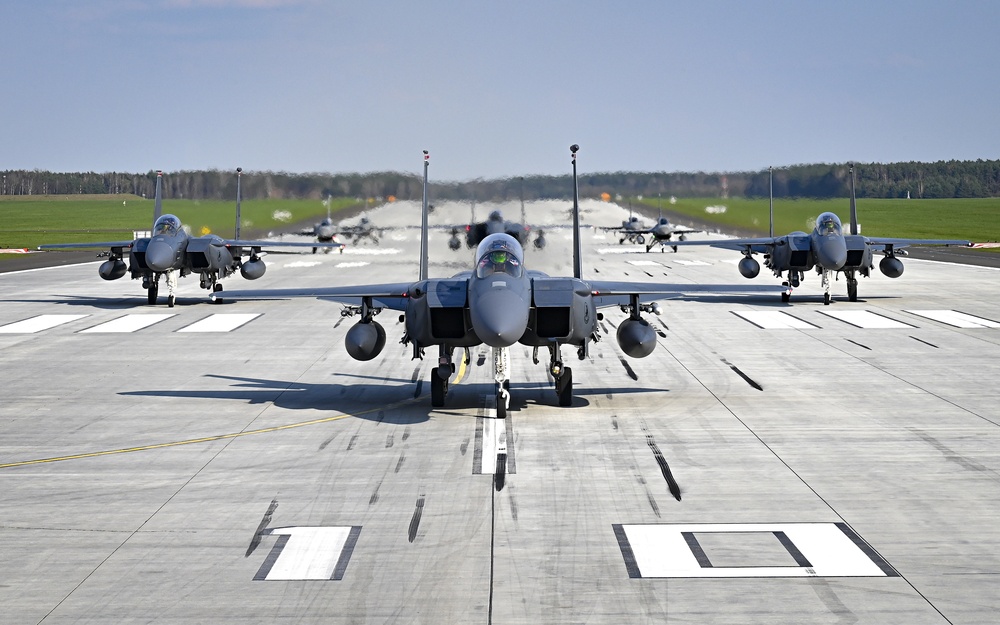
The Air Force may not have enough aircraft ready to fight
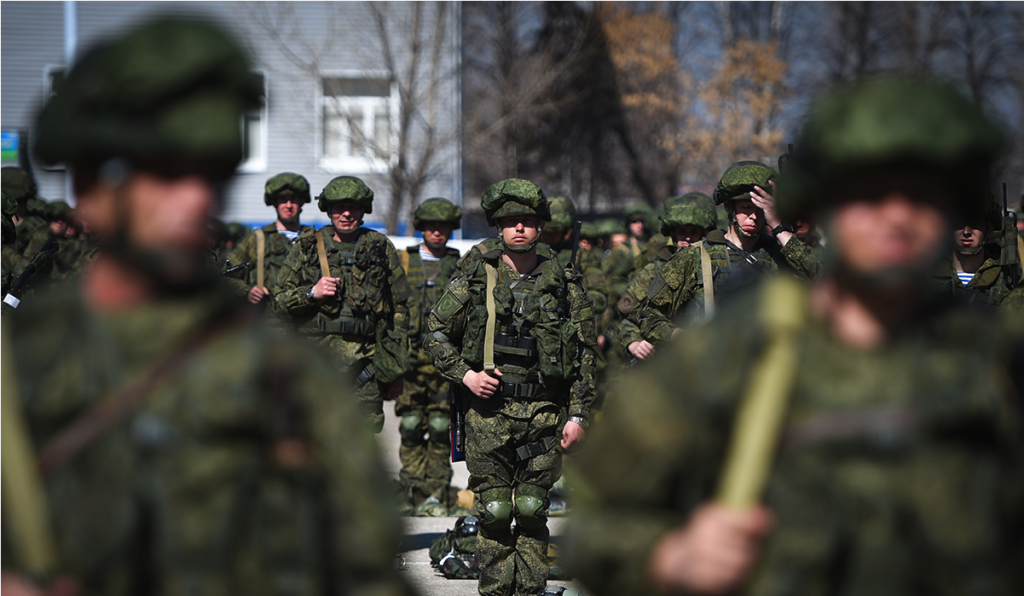
US is freezing military aid to Ukraine – and that will help Russia
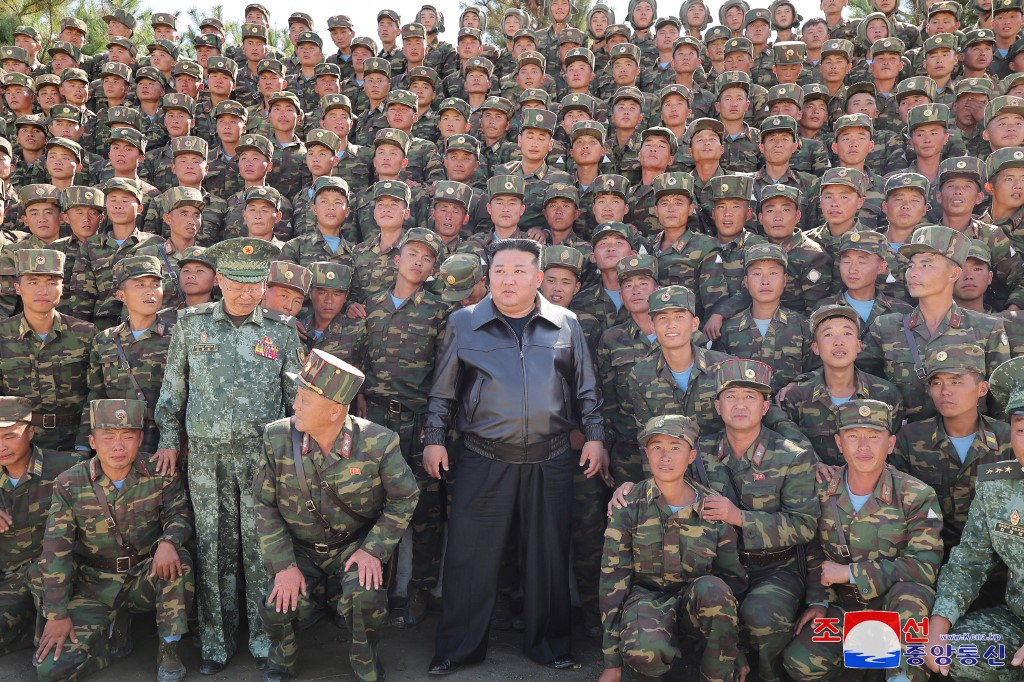
North Korean troops in Ukraine seem stuck in the Cold War, evidence suggests
Sandboxx News
-

‘Sandboxx News’ Trucker Cap
$27.00 Select options This product has multiple variants. The options may be chosen on the product page -

‘AirPower’ Classic Hoodie
$46.00 – $48.00 Select options This product has multiple variants. The options may be chosen on the product page -

‘AirPower’ Golf Rope Hat
$31.00 Select options This product has multiple variants. The options may be chosen on the product page -

‘Sandboxx News’ Dad Hat
$27.00 Select options This product has multiple variants. The options may be chosen on the product page
